The Keith Campbell Foundation for the Environment is pleased to issue a Request for Proposals for a BIPOC/DEIJ Baseline Evaluation.
Proposals are due no later than May 15, 2022.
For any questions, or to submit a proposal, please contact Anna Lindgren, Chief of Staff. No phone calls, please.
RFP Details
Project Description
The Campbell Foundation seeks assistance in examining our grants portfolio to assess and evaluate the baseline level at which the Foundation is supporting BIPOC communities and DEIJ initiatives.
About The Foundation
We are a small family foundation with offices in Annapolis and San Francisco that provides $18m in grants annually to nearly 200 organizations.
The Chesapeake office in Annapolis has two primary initiatives, Agriculture and Civic Engagement, with a focus on the Delmarva Peninsula and Lancaster County in Pennsylvania.
The Pacific office in San Francisco focuses on a variety of threats to water quality and water availability in California and seeks to fund partnerships that improve ecological balance in regional watersheds.
Staff are primarily working remotely, with staggered in-office at the Chesapeake office. We have seven staff members, and are in process with hiring a Fellow, Civic Engagement for a one- to two-year engagement.
Background
In mid-2021, The Campbell Foundation began to assess how many of our grants support BIPOC communities and DEIJ initiatives. We developed what we thought was a clear framework and a straight-forward two-step process, and staff began evaluating approximately 80 of our 2021 grants.
We were hoping to use this early data to identify where some programs of interest also include work with BIPOC communities, or elements of DEIJ.
As an example, we made a recent grant to the Growing the Table (GTT) initiative, which seeks to shift demand in the food supply chain towards regenerative agriculture and ensure greater racial and gender equity by supporting BIPOC, women, and LGBTQ+ producers in California and to increase access to food aid for the food-insecure. Though it was the regenerative agriculture aspect of this program that drew us to it, we also felt that the way GTT is considering racial and gender equity made this program more attractive to us.
While we found our baseline exercise to be valuable, we ended up with more questions than answers. We realized that the decision-making process was inconsistent and subject to the biases of each staff person. Evaluation was also not inclusive of all staff, thereby limiting the voices that were being heard. Overall, we came to the conclusion that the Foundation can do better at this, but we lack the internal tools to do so.
We also want to ensure that the process for Campbell staff is not overly time-consuming and burdensome.
One particular question that came up for us is how to consider grants that support other marginalized groups, whether those be economically disadvantaged, disabled, or any other number of groups.
Deliverable
-
-
- A written document that advises us on how to assess current and prospective grantees through a BIPOC and DEIJ lens. The framework/process should address the shortcomings of the current framework, particularly staff bias.
- Training for staff on how to use the framework and how to overcome bias
-
Audience
The primary audience for the deliverable is The Campbell Foundation staff. We do not anticipate sharing it with our Board or externally.
Requirements and Assumptions
Campbell assumes that most, if not all, of this work will be done remotely, and that the consultant has the capability to complete tasks in this way.
We acknowledge that we have a lot to learn, both about this project and the process. We are open to continuous evolution of approach and ideas.
We are committed to providing long term support for our Project Initiatives and improving our inclusion of different communities, lived experiences, and points of view in our grants portfolio. We are particularly curious how we can advance racial equity and social justice in our core geographic areas of focus – The Delmarva Peninsula, Lancaster County, Pennsylvania, and California.
Campbell Team Roles
-
-
- Anna Lindgren, Chief of Staff – Project Lead
- Samantha Campbell, President – Final decision-making, guidance on authenticity and alignment with Foundation ethos
-
Timeline
-
-
- May 15 – Proposals Due
- May 30 – Consultant meetings
- June 30 – Consultant selected
- July 15 – Materials to Consultant
- September 15 – Present analysis to Campbell staff
- October 15 – Present new framework/process
- November 15 – Training begins
- December 15 – Project concludes
-
Budget
$25,000
Proposals Should Include
-
-
- Project description/proposed solution
- Description of the final deliverable
- Examples of prior work/deliverables and your role in each project
- Your approach/process for working with Foundation staff during this process
- Pricing structure and payment schedule
- Proposed timeline and project stages
- Information about the consultants who will work on this project
- References with whom you have worked on similar projects
- Commitment to racial equity and social justice
-
Please submit all proposals via email to:
Anna Lindgren, Chief of Staff
alindgren@campbellfoundation.org
(No phone calls please)

